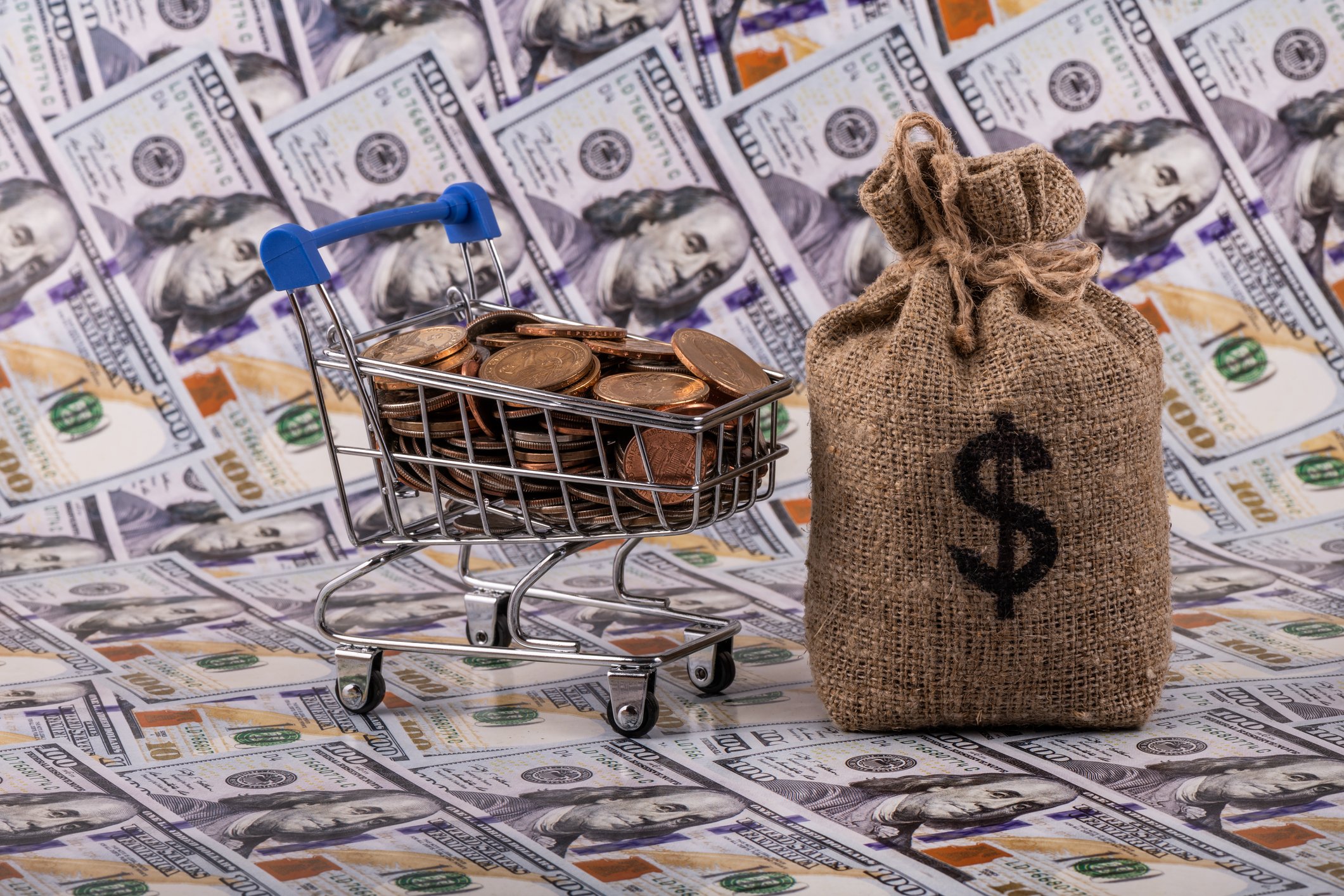Dividend stocks are great. Unfortunately, many of the highest-yielding stocks offer little in the way of capital appreciation. In fact, most tend to pay out 10%-12% annual yields, but their share prices fall year after year.
Naturally, I think the best dividend stocks aren't just stocks that can pay a big dividend, but those that can also grow in value over time. Here are three stocks that have historically fit the bill with close to double-digit yields and capital appreciation on top.
Make it on Main Street
Main Street Capital (MAIN 1.21%) is a business development company that lends and invests in private businesses in the United States. The company primarily invests in what are known as "lower middle market" businesses -- private companies with roughly $10 million-$150 million in annual revenue. Said another way, these businesses could easily be found on your local street corner.
Main Street Capital benefits from being both internally managed (which reduces operating costs) and having an excellent record of underwriting quality. Since going public, the company has reported realized gains well in excess of realized losses. This is due to its leveraged strategy, which involves investing in debt of private companies, along with warrants to buy an equity stake in the future. Many of its warrants have provided 10- and 20-bagger returns over time.
Recently, Main Street Capital received an investment-grade rating from Standard & Poor's, which should help the company obtain cheaper financing while firming up its capital structure to ride the ups and downs of a highly cyclical business.
At a multiple of 1.5 times net asset value, Main Street Capital isn't cheap. But if it maintains its historical record, this company should easily command a premium price from shareholders.
Three corners of prosperity
Triangle Capital (NYSE: TCAP) has a lot in common with Main Street Capital. It is internally managed and focuses on lower middle market investments. And like Main Street Capital, it has been at the top of its class for generating net realized gains on its investment portfolio.
These realized gains from its equity investments, plus consistent income from its debt investments, have allowed the company to pay growing dividends over time. Its last quarterly dividend was nearly four times larger than its first dividend after going public in 2007.
Triangle Capital should soon be in the chase for an investment-grade credit rating of its own, further boosting its "staying power" through economic cycles.
At roughly 1.6 times net asset value, Triangle Capital is one of the most expensive business development corporations on the public markets. Its track record, and 8% normal dividend yield, though, make up for the premium. Besides, special dividends should only add to its regular quarterly dividends over time.
A new giant
FS Investment (NYSE: FSIC) went public in April, thereby shedding many of the least attractive parts of a nontraded business development company. It slashed its management fee to 1.75% of assets from 2%, and laid the groundwork for its management team and external adviser to purchase up to $175 million in shares, aligning the interests of management and stockholders.
FS Investment is externally managed, which naturally comes at a cost. However, underlying the company is an impressive subadviser -- GSO/Blackstone, which is one of the most respected managers of credit-focused funds. It focuses largely on significantly larger private businesses, reporting that its direct origination book features portfolio companies with average EBITDA of more than $45 million per year.
Since launching in 2009, the fund has delivered gains in excess of losses, and income from investments have supported the dividend with consistency. Unlike Main Street and Triangle, FS Investment also sells cheaply at a small 3% premium to its last-reported net asset value. The trade-off, of course, is that this lower price is a result of its externally managed structure, which creates larger operating costs as a percentage of revenue and assets.
The company's current dividend of about 8% could rise as it rotates out of larger portfolio companies into smaller, directly originated opportunities.






